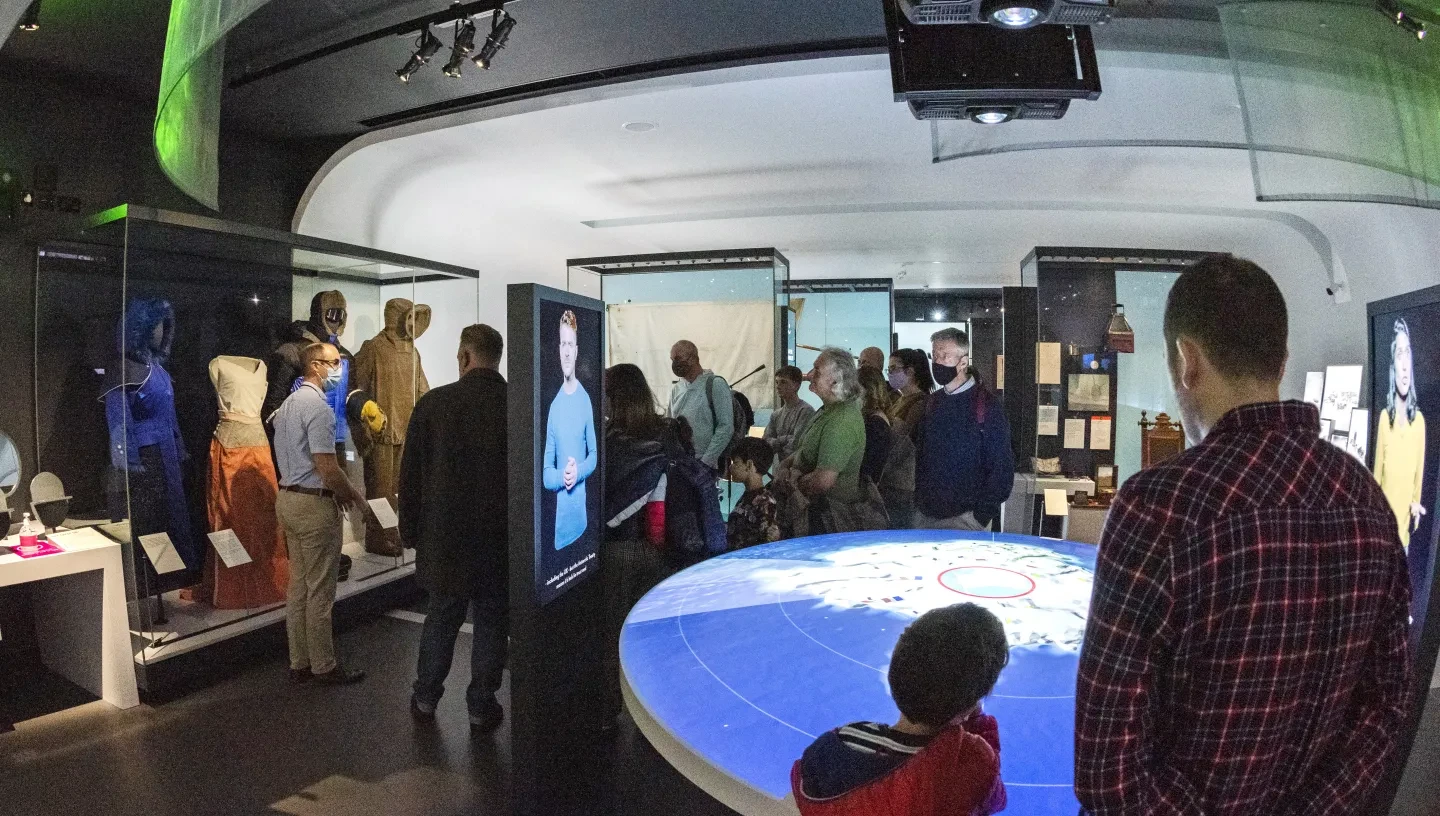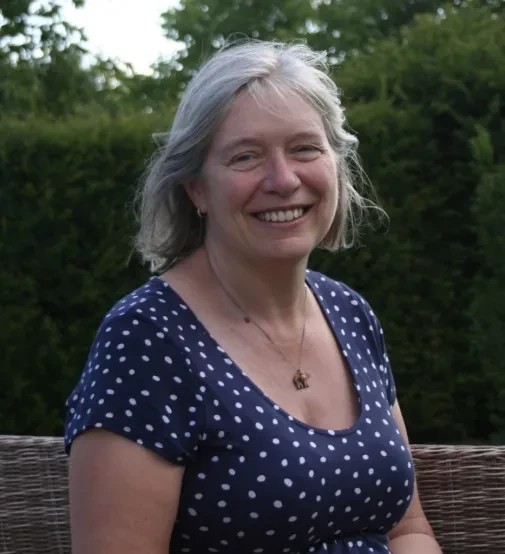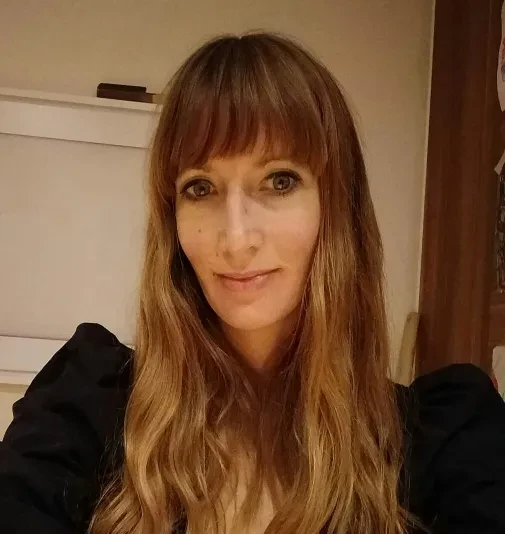
The 'How to' series, curated by the Engagement team at the National Maritime Museum, is a central point for parents and carers to discover resources and top tips for addressing challenging or sensitive conversations with children.
This page pulls together resources and tips for talking to children about the climate crisis.
Discover more resources around a range of topics.
Speakers
Scroll through to meet the experts.
Top tips
It can feel challenging to have an honest and open conversation with children about the climate crisis, without causing feelings of stress or trauma. As a Maritime Museum, we know how intrinsically connected our oceans are to humanity's future and want to support families to encounter and explore reliable information about the climate crisis. For more information on programming and resources from the Museum, check out the Our Ocean, Our Planet webpage.
- Get outside in the natural world, experience it and enjoy it together. Talk about what you observe around you.
- Don't try to force knowledge and understanding of the climate crisis on children. Instead, talk about the climate crisis as it comes up in everyday life. For example, you might talk about why it is important to grow plants that encourage bees and butterflies; you might notice unusually hot days or wet weather; when reading about animals, you may find out that some of them are endangered; or you might notice news stories about the climate crisis.
- Rather than seeing yourself as an expert who needs to teach your child about the climate crisis, ask them questions to find out what they already know and how they feel.
- Ask open-ended questions that allow children space to express their feelings. Be ready to show empathy and compassion with feelings of fear and anxiety they might express, but don't assume they feel a particular way. Be curious. You might want to consider sentences that begin with phrases like: “What do you know/think about…”, “How does that make you feel..?”, “Tell me more about…”
- Spend time with your child and build a trusting relationship with them. Find ways to play with your child, and be open and ready for them to communicate feelings with you during open-ended play.
- Emphasise that the climate crisis is not children’s fault or their responsibility to fix. Research all the people and movements who are working all over the world for the change needed to tackle the climate crisis.
- Find ways for your child to express themselves and have their voice heard.
- Taking action can be empowering and make children feel less alone. Focus on action that pushes for systemic change. For example, write to your MP, local councillors or the CEOs of polluting companies. Join a parent climate group, attend a protest or school strike event.
- Taking action can lead to finding connection and community with others. Feeling worried and scared about the climate crisis is very difficult to bear alone, for both adults and children. Find the support and solidarity of others by joining with a climate action group that works for you.
Useful resources
Parent Climate Groups:
XR Families (On Instagram, Twitter and Facebook)
Community Projects:
Letters to the Earth Educational Toolkits

